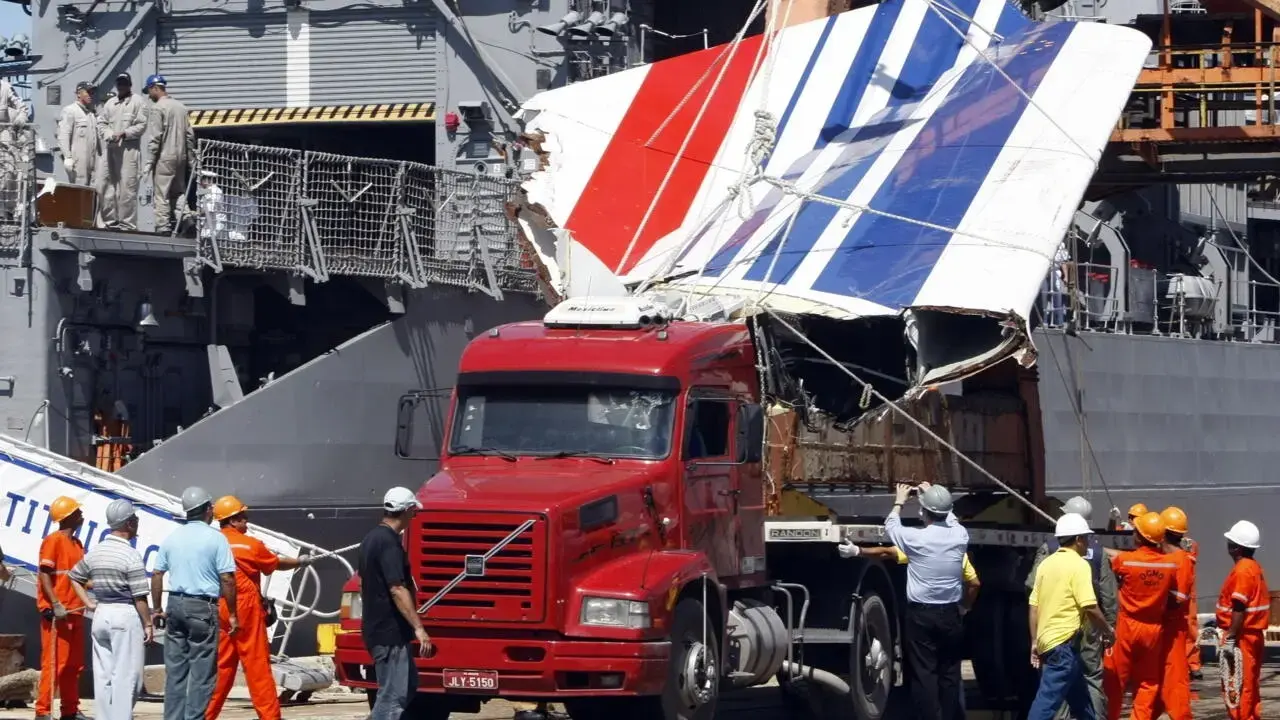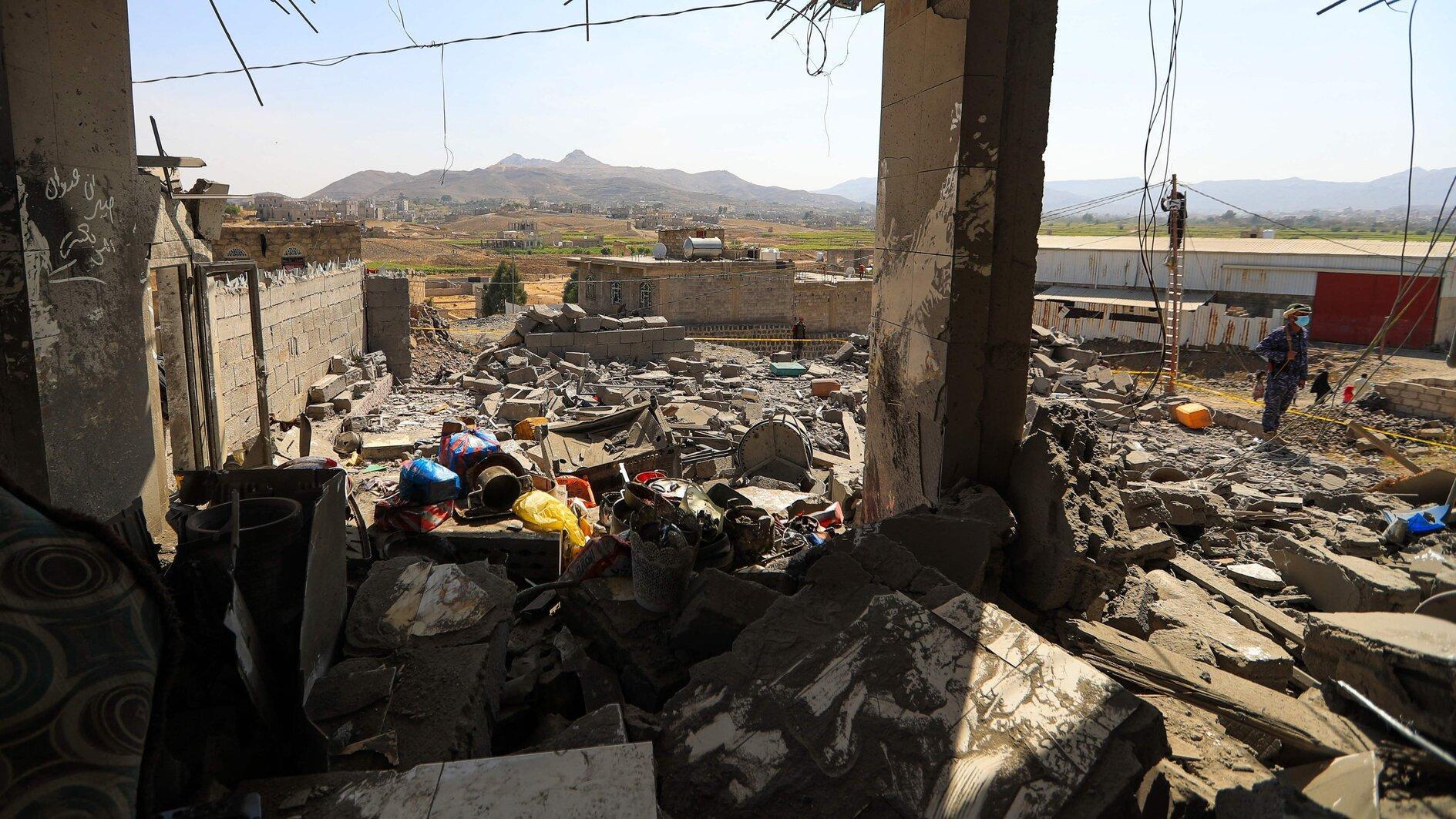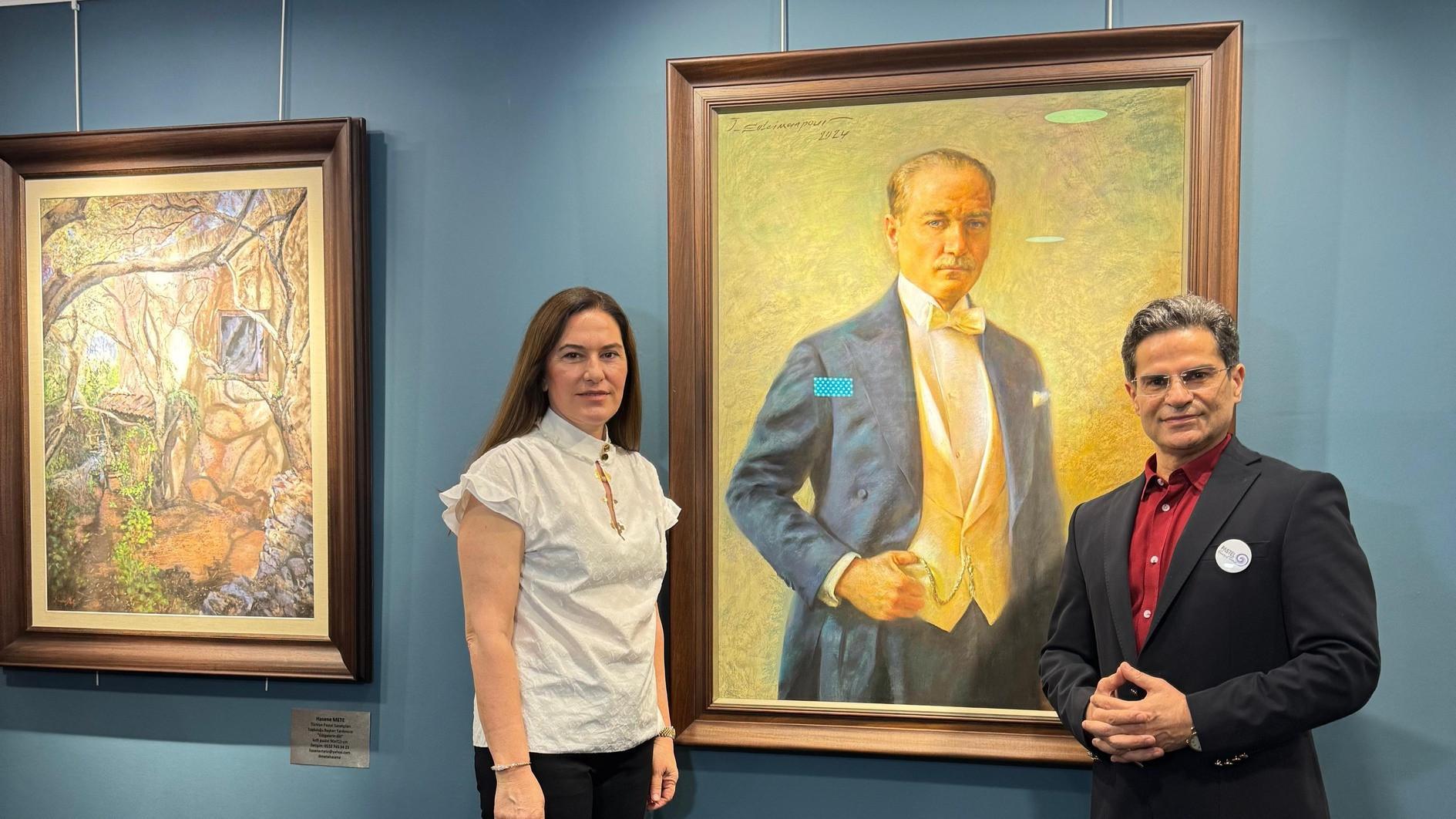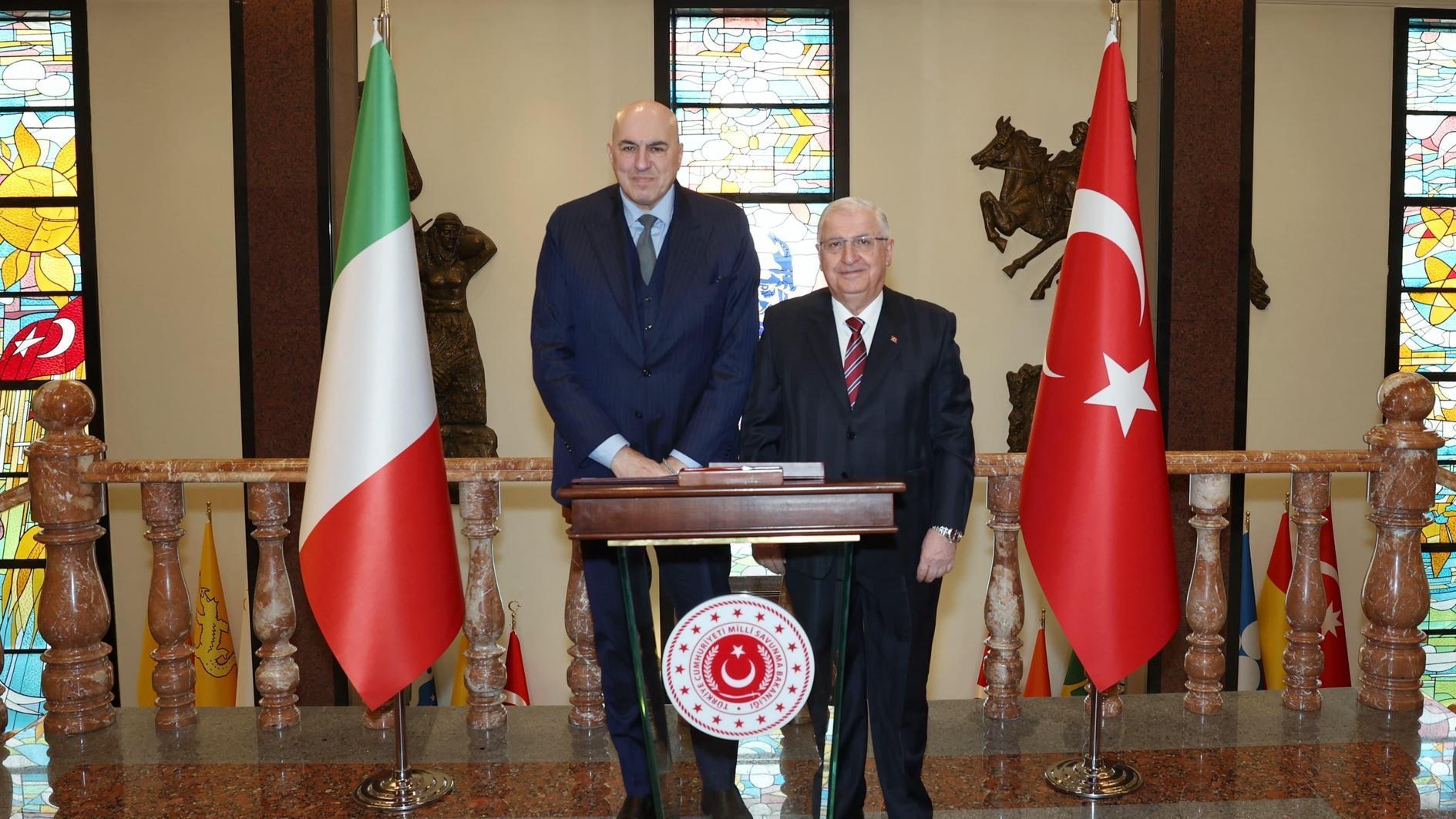Air France, Airbus face trial over 2009 Rio-Paris disaster
PARIS

Air France and aircraft maker Airbus go on trial in Paris today on charges of involuntary manslaughter in the 2009 crash of a flight from Brazil, killing all 228 people aboard.
The case focuses on alleged insufficient pilot training and a defective speed monitoring probe, which was quickly replaced on planes worldwide in the months after the accident.
Flight AF 447 from Rio de Janeiro to Paris plunged into the Atlantic Ocean during a storm in the early hours of June 1, 2009, when it stalled after entering a zone of strong turbulence.
The Airbus A330 was carrying 12 crew members and 216 passengers, including 61 French. It was the carrier’s deadliest crash.
Debris was found in the following days but it took nearly two years to locate the bulk of the fuselage and recover the “black box” flight recorders.
Air France and Airbus were charged as the inquiry progressed, with experts determining the crash resulted from mistakes made by pilots disorientated by so-called Pitot speed-monitoring tubes that had frozen over in thick cloud.
Both companies have denied any criminal negligence, and investigating magistrates overseeing the case dropped the charges in 2019, attributing the crash mainly to pilot error.
That decision infuriated victims’ families, and in 2021 a Paris appeals court ruled there was sufficient evidence to allow a trial to go ahead.
“Air France... will continue to demonstrate that it did not commit any criminal negligence that caused this accident, and will request an acquittal,” the airline said in a statement.
Airbus, maker of the A330 jet that had been put into service just four years before the accident, declined to comment ahead of the trial but has also denied any criminal negligence.
They each face a maximum fine of 225,000 euros ($220,000).
The court will hear testimony from dozens of aviation experts and pilots, along with second-by-second details of the final minutes in the cockpit before the plane went into free-fall.
















